

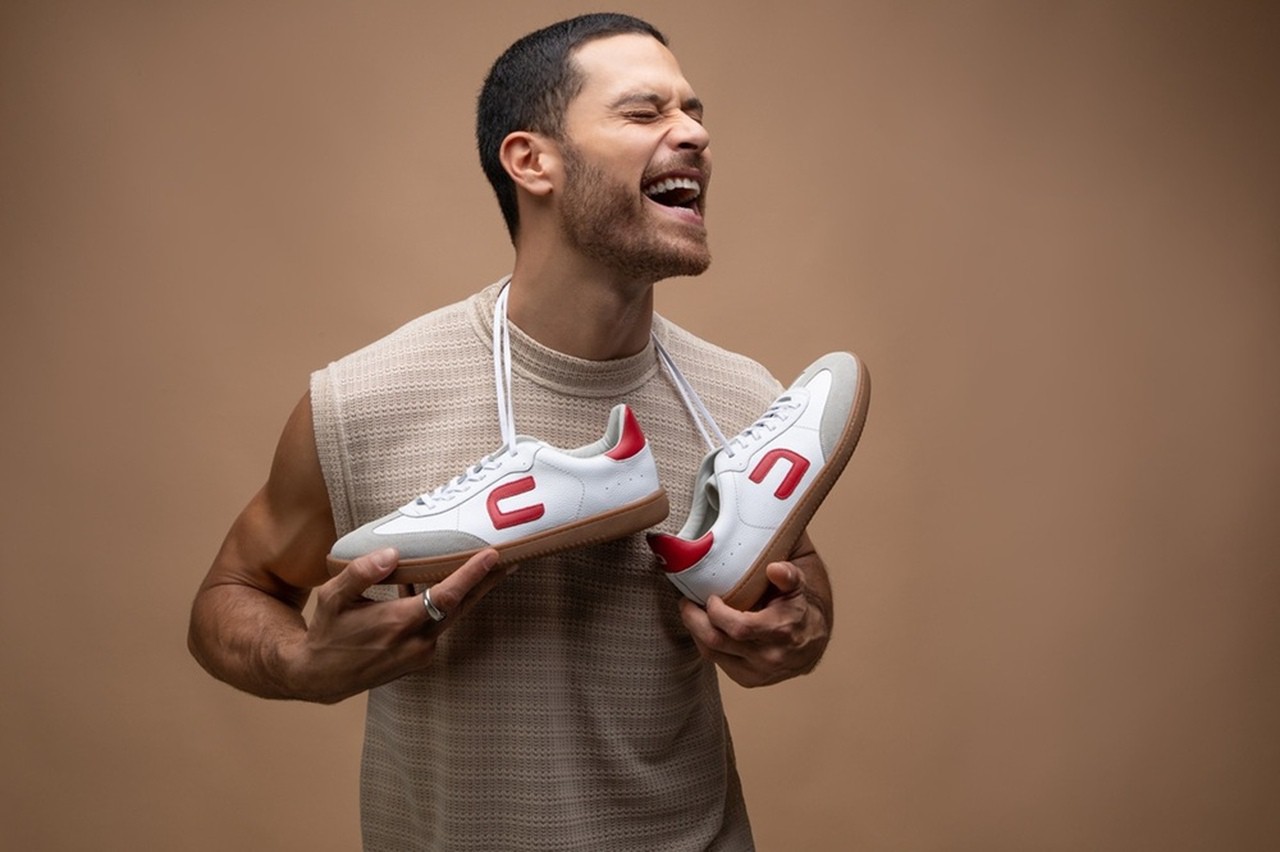
2025-09-08 | By Brazilian Footwear
Specializing in private label footwear manufacturing, PG4 Galleria has been turning desires into works of art for the past 18 years. The word “Galleria” wasn’t chosen by chance to be part of the company’s name. Based in Franca, São Paulo, the company draws inspiration from the concept of an art gallery—where masterpieces are displayed. For PG4, footwear with high added value becomes a tangible expression of a person’s aspirations. According to Giuliano Spinelli Gera, Managing Partner at PG4, this is the sensory perception that defines their production. In this interview, he shares his professional journey, current business initiatives, and the challenges facing the industry.
Brazilian Footwear: Tell us a bit about your professional journey and how the company started
Giuliano Spinelli Gera: I joined the footwear industry in 1990. I started out as an office assistant and eventually left that company—one of the largest men’s footwear manufacturers in Brazil—as Chief Financial Officer. During that time, I specialized in management, since I oversaw the areas of controllership, supply chain, and Information Technology (IT). It was a broad role that gave me exposure to various areas of the business and served as a real learning experience. It allowed me to gain a solid understanding of industrial management and a systemic view of processes to improve competitiveness. When I left, my current partner, Danilo, and I founded PG4 Galleria, which turned 18 this April. In that context, I was invited by the Franca Footwear Industry Union (Sindifranca) to join the organization. That invitation opened the door to other advisory and deliberative boards, such as the Federation of Industries of the State of São Paulo (FIESP), the Center of Industries of the State of São Paulo (CIESP), Abicalçados, and the Franca Chamber of Commerce and Industry (ACIF), among others. These experiences gave me valuable networking opportunities and a much broader and enriching perspective. I hold a degree in Economics and have postgraduate training in financial markets and management.
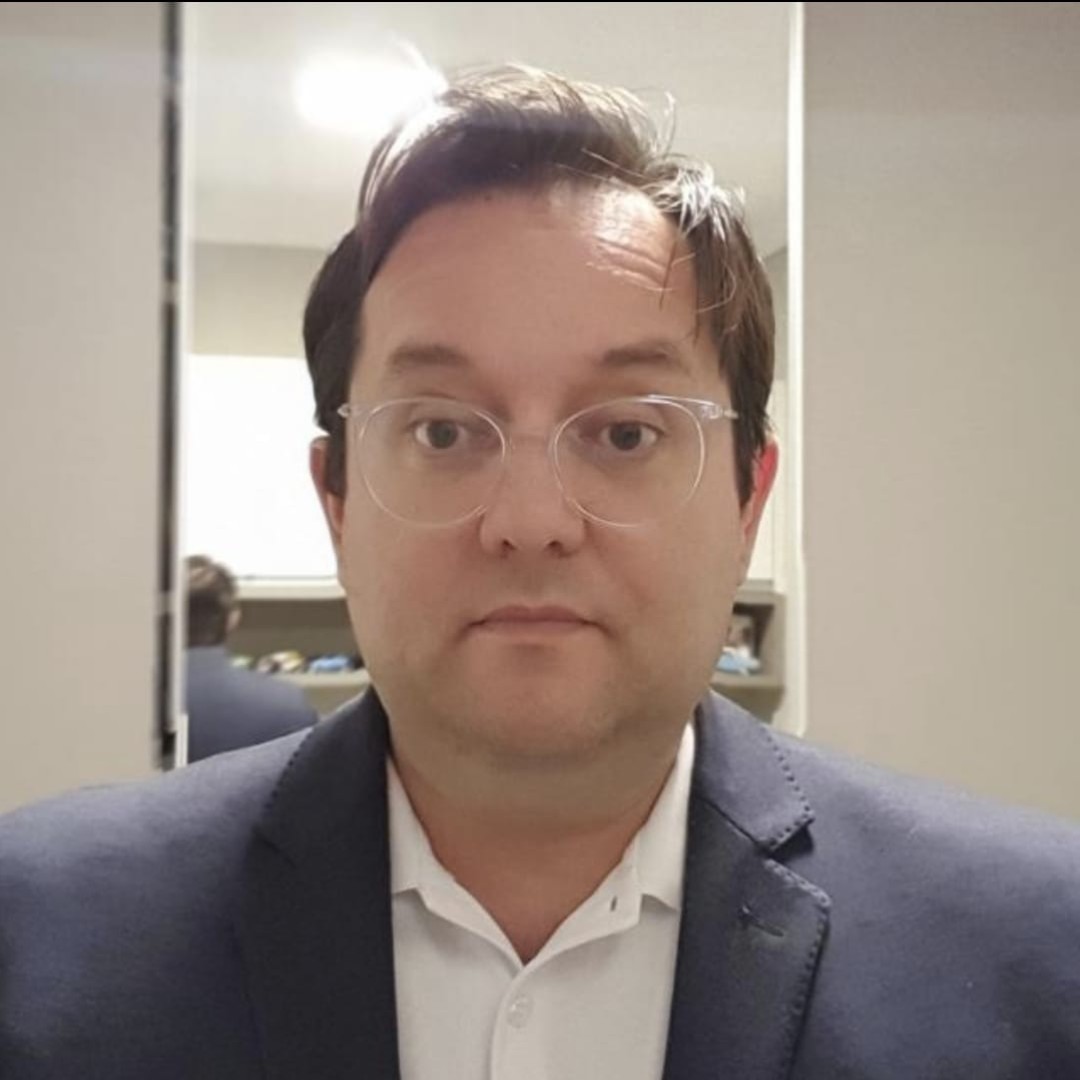
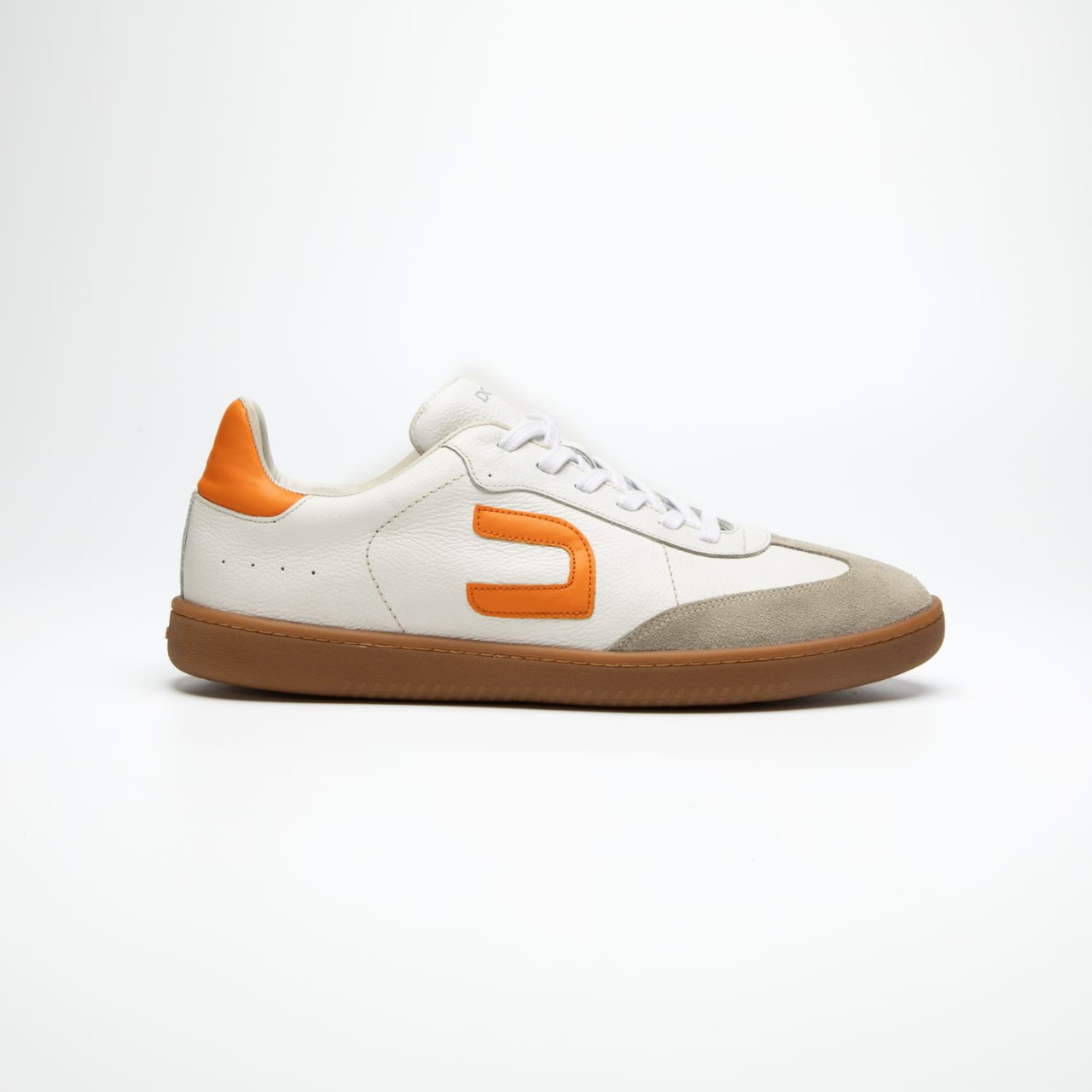
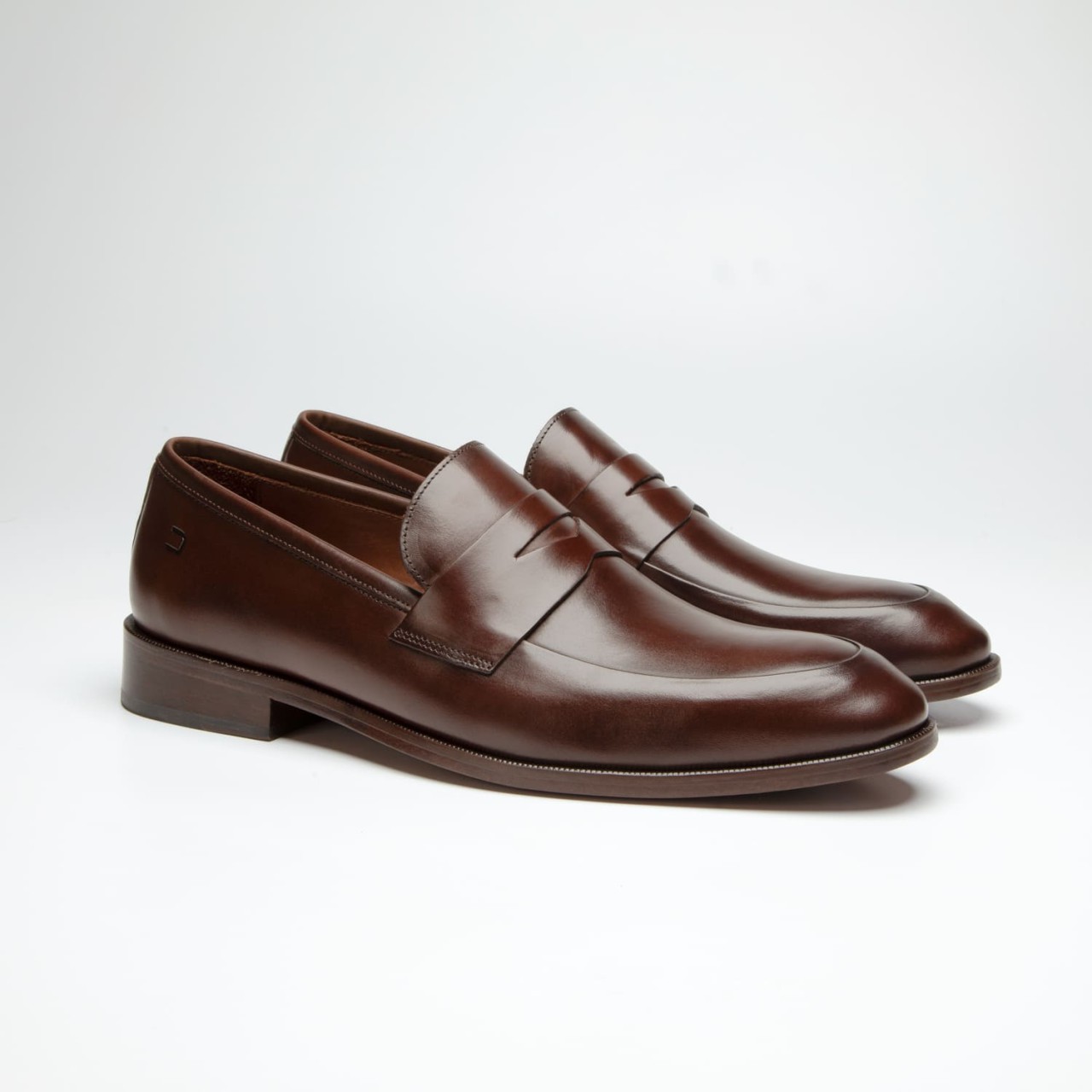
Brazilian Footwear: The company’s trade name is PG4 Galleria. Does the inclusion of the word “Galleria” hold any special meaning for the business?
Giuliano Spinelli Gera: Yes, “Galleria” refers to a work of art. We chose the word because when you visit a gallery, you expect to find art. And PG4 aims to create works of art for the market. Our mission isn’t just to produce shoes—it’s to materialize desires. When we create a pair of shoes, we’re not simply crafting footwear; we’re giving shape to a desire that can move someone, that can transform the perception of the person wearing that product. It can elevate their self-esteem, make them feel good. That’s the sensory perception behind PG4’s production.
Brazilian Footwear: Regarding PG4 Galleria, could you share some figures about the company, such as production units, workforce, output, and the markets you serve?
Giuliano Spinelli Gera: PG4 has specialized in private label manufacturing, bringing unique products to the market. Product development has always been my strength and my partner’s as well. Researching, developing, and materializing ideas have been core strategies for PG4. We identified the growth of the private label segment two decades ago and decided to focus entirely on it.Today, the company operates two production units—one in Franca and another in Pedregulho, both in São Paulo—and employs 300 people, of whom 190 are direct employees. We produce 900 pairs of shoes per day, focusing on high-value-added leather footwear. Exports account for 50% of our production, and we currently serve 19 countries. This 50/50 split between domestic and international markets is a strategic decision, as it offers economic protection. When challenges arise in the domestic market, we can pivot to exports, and vice versa. This approach allows us to manage seasonality effectively, and exports contribute to improving our overall competitiveness. Our main markets are the United States, Colombia, and Chile. We also have a presence in several European countries, Saudi Arabia, and Australia.
Brazilian Footwear: In this context, what are your projections for 2025?
Giuliano Spinelli Gera: We’ve had a good start—we’ve already recovered the 8% we lost last year. Still, it feels like a somewhat stagnant year, with the market undergoing adjustments. Retail is quite apprehensive, the market remains unstable, and traditional shoe stores are feeling the impact more intensely. Business models that have adapted to these commercial disruptions are managing to stand out. In our view, retail as a whole will need to reinvent itself to understand how to compete with the major digital platforms. At the moment, the year is under control. We have new deals underway, largely because we diversified our strategies. Our expectation is to close the year as planned, with a 10% growth.
Brazilian Footwear: In your opinion, what are the main challenges facing the industry?
Giuliano Spinelli Gera: I see a few key issues that are holding our industry back. One of them—which we’ve already mentioned—is the shift in consumer behavior. Our difficulty in dealing with marketplaces is a major concern. Another very serious problem is the shortage and lack of skilled labor. Last year, despite all the challenges, we made the decision to retain our workforce because we understand how sensitive this issue is—especially when it comes to producing a high-value-added product like ours. Today, more than 60% of our team has been with us since the company was founded.
Brazilian Footwear: How do you work internally to strengthen the company’s competitiveness? What actions are you taking to improve it?
Giuliano Spinelli Gera: This is an even greater challenge for us, since we work exclusively with private label and don’t have a continuous production flow. At one moment, we’re producing a client’s brand, and at another, an entirely different product—this creates a wide variety of items on the production line, which naturally impacts our manufacturing efficiency. We focus heavily on planning intelligence, supply chain intelligence, and production flow management to keep losses to a minimum. In terms of supply, we’ve faced some difficulties, since our suppliers are also dealing with the broader challenges of Brazil’s industrial environment. All of this has a direct impact on our COGS (Cost of Goods Sold) and overall structure. I hope that with the increase in investments by the footwear industry, we’ll soon enter a more positive cycle—and that suppliers also recognize the need to evolve in order to meet the industry’s demands.
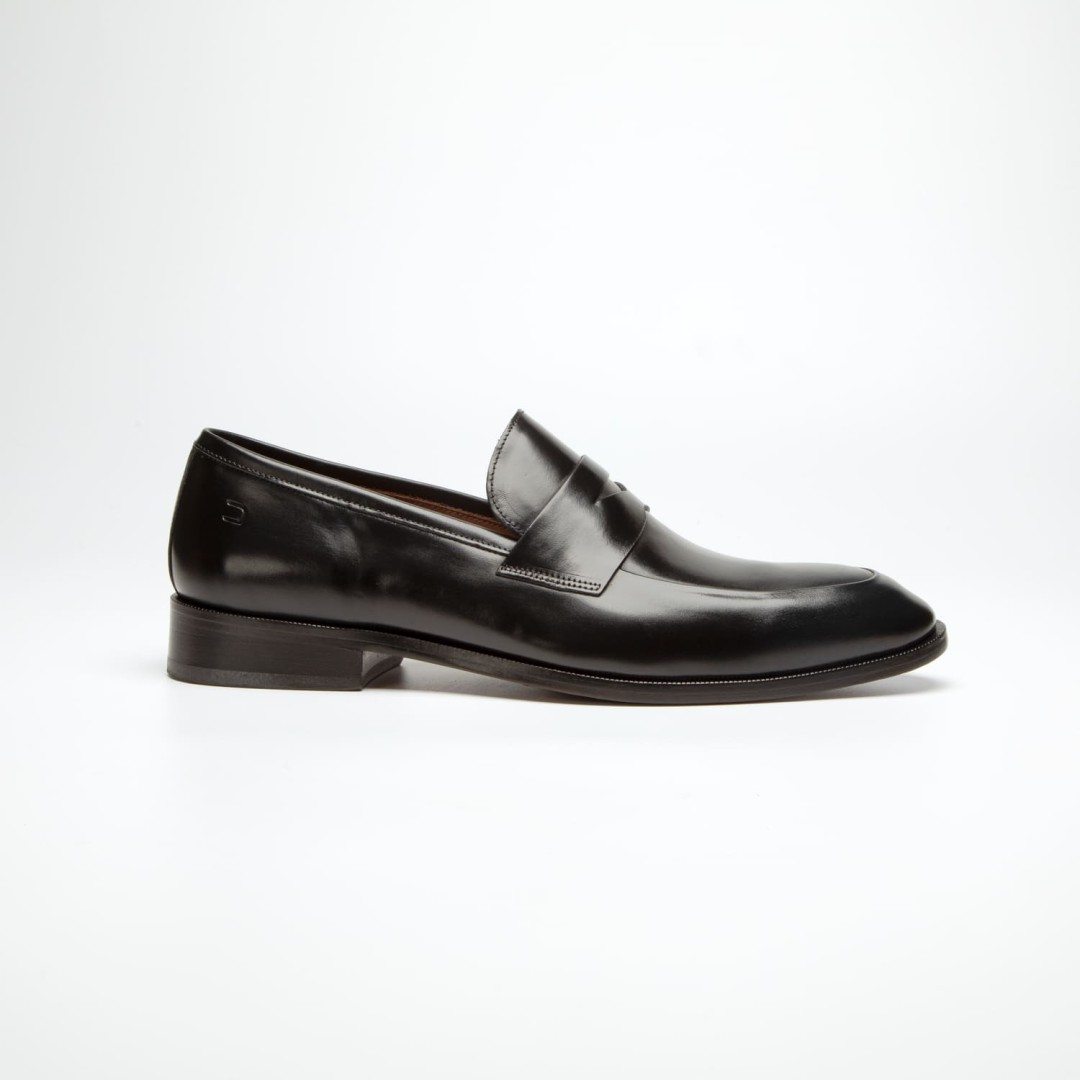
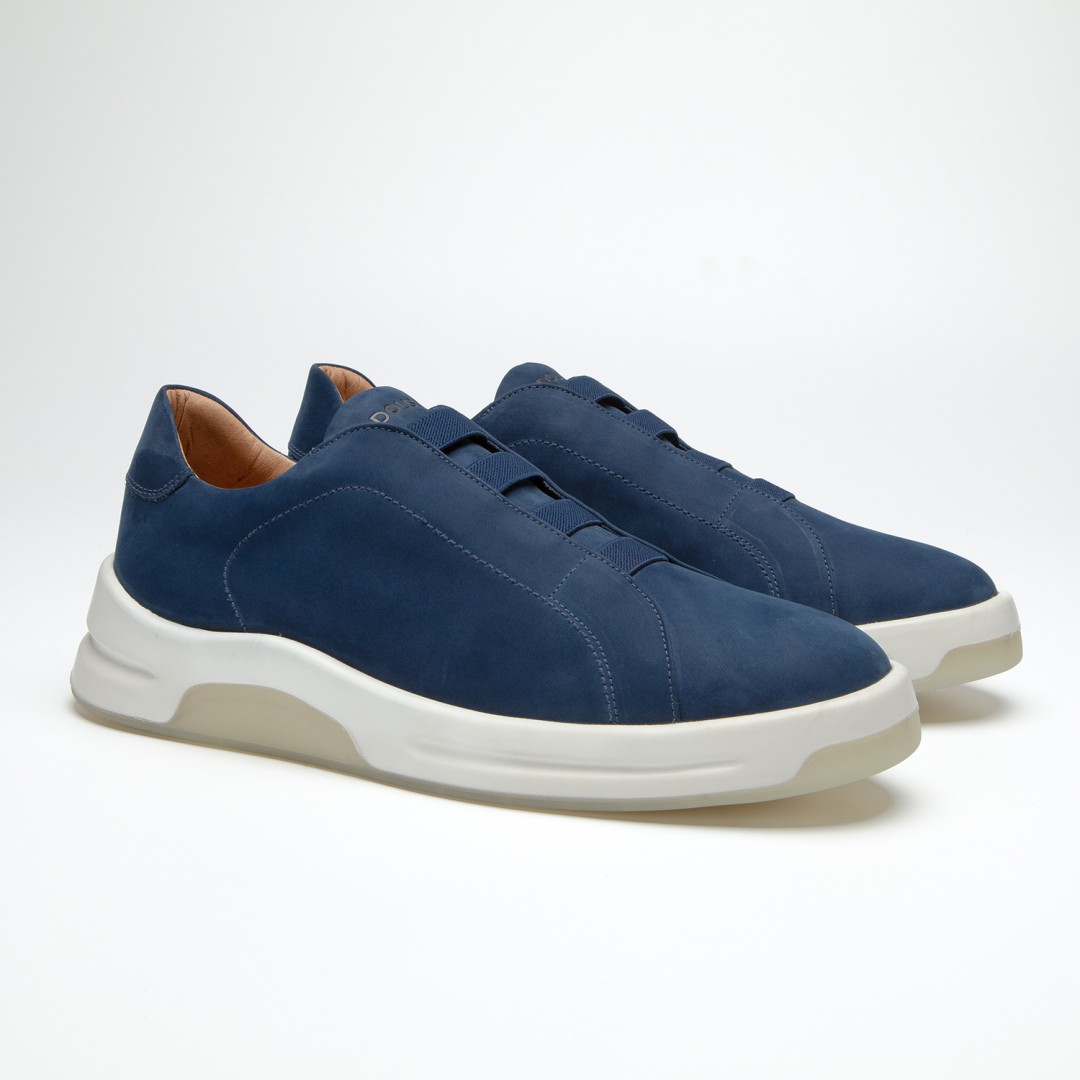
Brazilian Footwear: Has PG4 been investing in its production facilities? If so, could you share some details and comment on their importance?
Giuliano Spinelli Gera: Yes, we’re constantly investing—we’re always evaluating new machinery or processes. In fact, just last week we had a meeting where our engineers proposed a major change to our production layout to enhance efficiency even further. We’ve already decided to move forward with the changes, as this type of analysis is ongoing. However, our biggest investment over the past two years has been in people. We created an internal initiative called the Management and Performance Program (PGD), which includes incentives such as a 14th and 15th salary and aims to give employees a stronger voice. All of this is designed to improve productivity. For the past three years, we’ve been working with two consulting firms to implement this program. We’re placing strong emphasis on people—on training—as well as on the international certifications we hold, which position us as a company that’s committed to sustainability, human development, and other key factors.
Brazilian Footwear: To wrap up, what word would you use to define the importance of industry for Brazil?
Giuliano Spinelli Gera: I call industry the engine of development, because it has the power to drive things forward and make them happen. Even though our industrial activity has declined over the past few decades, industry is still the sector that contributes the most in tax revenue to the country. Its multiplier effect on the economy is enormous. Any smart country must maintain an industrial activity level that aligns with its macroeconomic structure.
Promote your brand
Contact us to find out how to promote your Brazilian footwear brand on the platform.